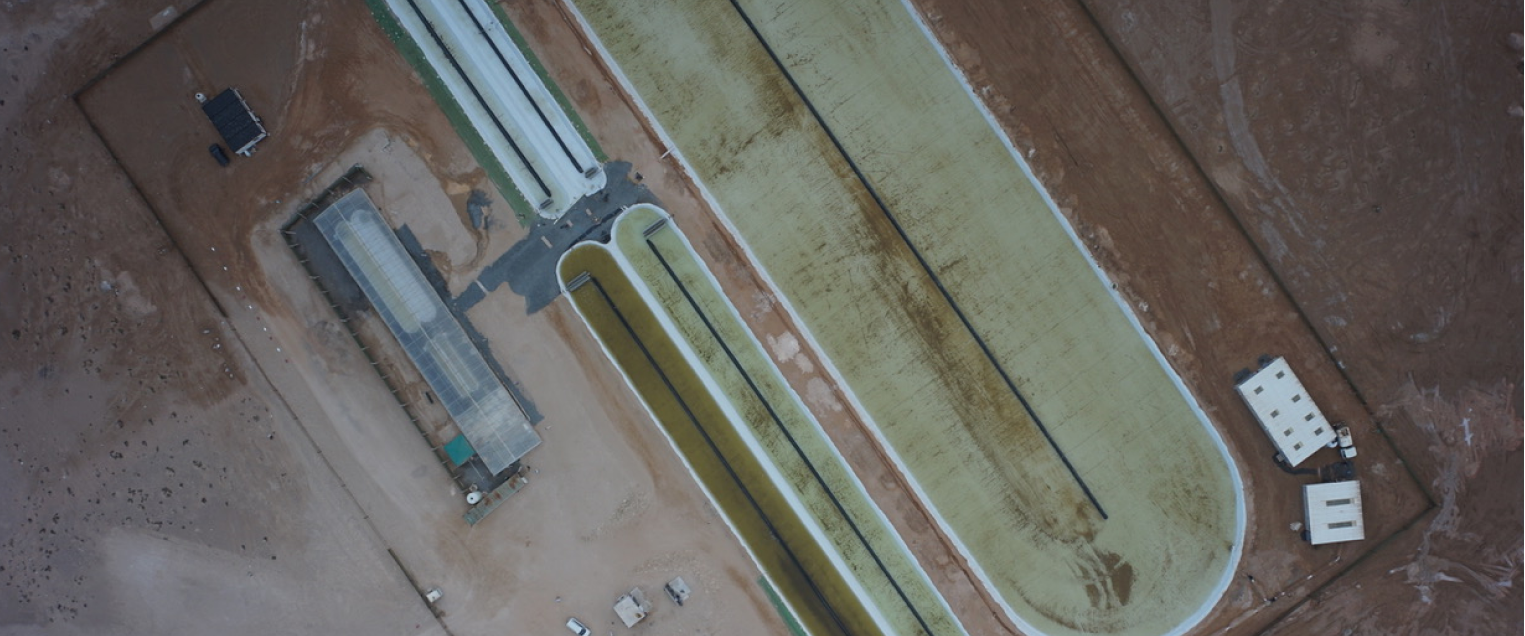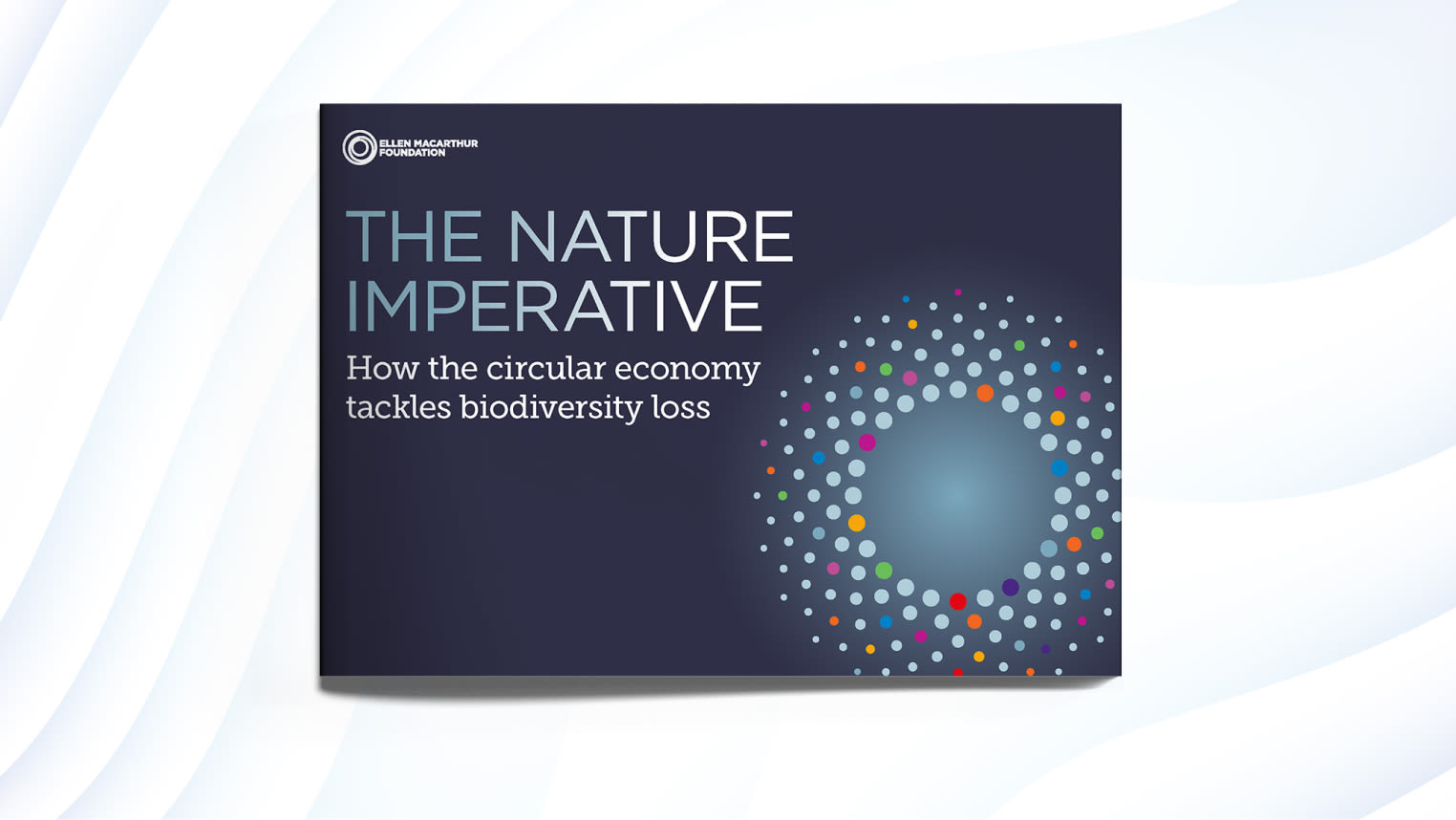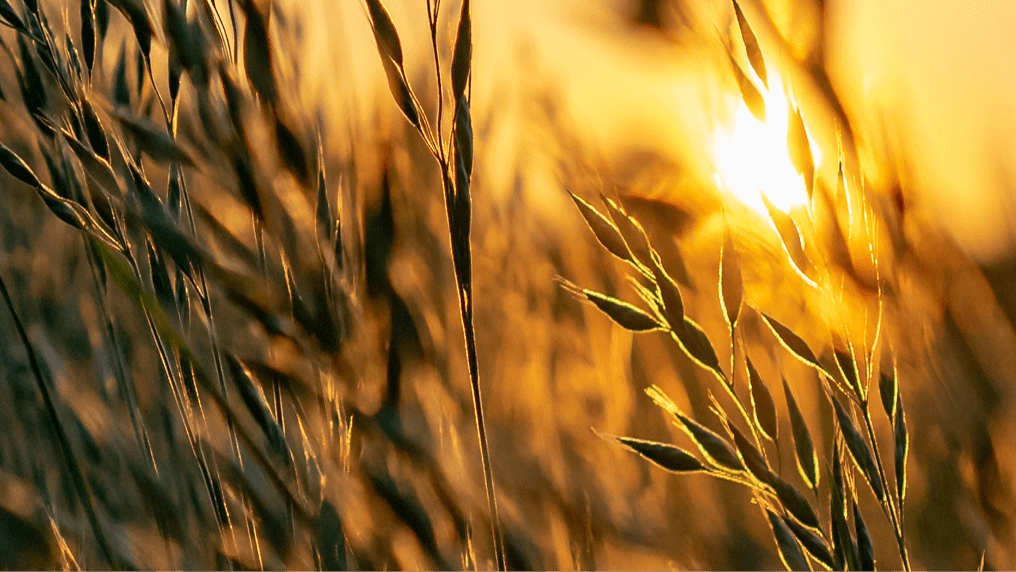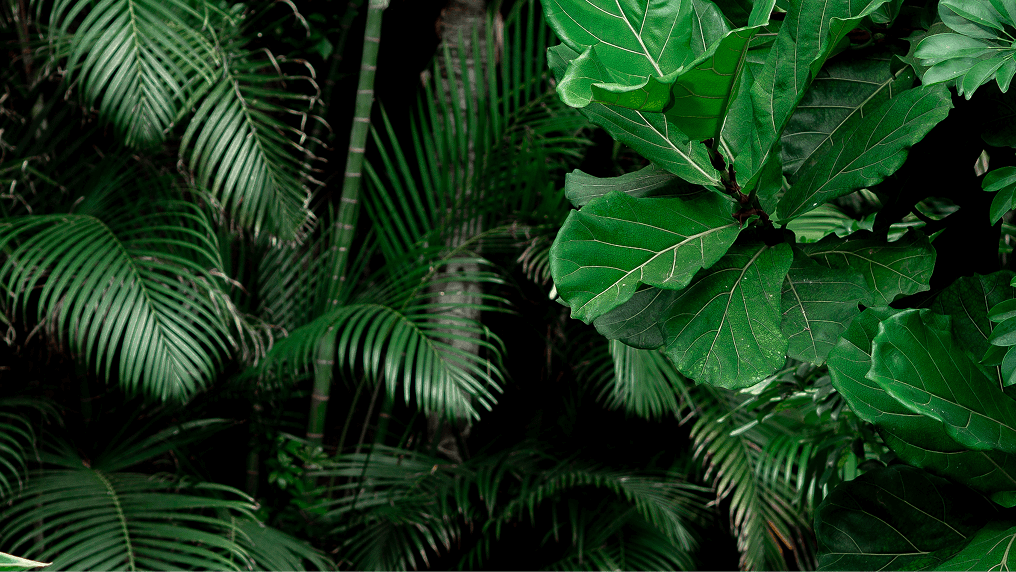Brilliant Planet has developed a technology to produce microalgae on land, at a large scale, for the first time. Using only sunlight, sea water, and wind, they operate the largest algae growth pond in the world - thirty-thousand-square meters in size - in the coastal desert of Morocco. They grow local algae varieties adapted to their surroundings, for use in various products ranging from healthy plant-based food rich in protein and Omega 3, to animal feed, and alternative plastics.
Biodiversity benefits
Brilliant Planet reports that for every ton of algae grown, they're able to capture 2.8 tons of CO2, thereby helping tackle climate change - one of the key drivers of biodiversity loss. The cultivation is also able to improve the quality of the sea water in which it is grown, de-acidifying it and helping provide healthier habitats for various species. By offering a direct substitute for fish - as it contains all of the same health-beneficial proteins, essential amino acids, Omega 3 oils, EPA and DHA - the algae grown can also help address the issue of global fish population overexploitation by providing an attractive substitute. For each ton of algae produced, one ton of fish, and all of the feed required to rear them, can be replaced. If this substitution is applied to the production of fishmeal, the company reports that one ton of their algae can replace 3 tons of wild fish from being caught.
Compared to the growth of other commodity substitutes (like soya and sunflower seeds), Brilliant Planet notes that their algae production can save 9 million tonnes of fresh water annually, while avoiding the use of 6,000 hectares of arable land (compared to Moroccan sunflower production) thus reducing pressures on land-use change and its associated negative impacts on biodiversity.
This page is part of a deep dive into biodiversity and food, where we delve deeper into regenerating nature by redesigning food systems.







